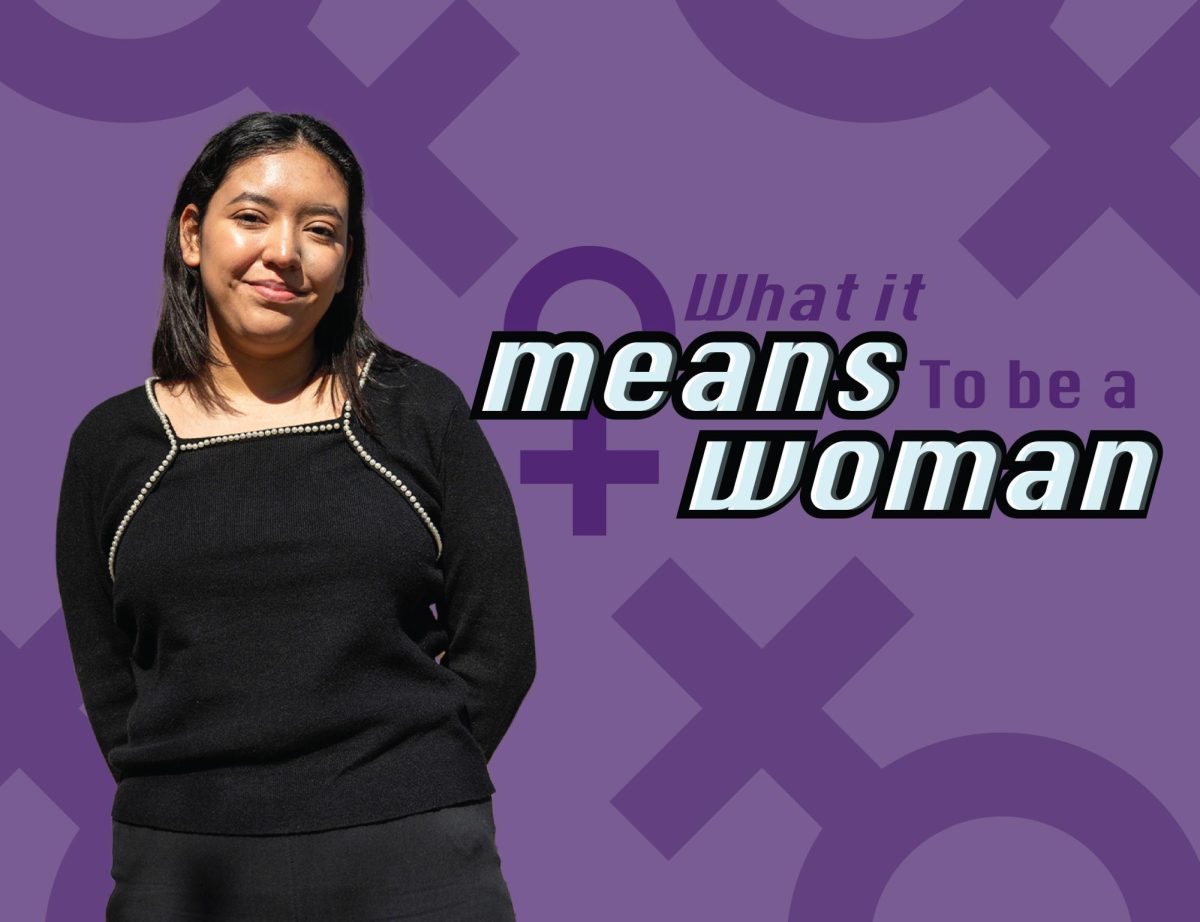Defining identity at an adolescent age can be a challenge, especially to those who are constantly interacting with a different culture than their own.
I was born and raised in Ciudad Juàrez, Mexico. My first language is Spanish and my only label in Juàrez was that of a Mexican girl. I only had to deal with one nationality and one term to define myself. I didn’t realize that just across the border I was defined as something more than just Mexican.
My struggle began at the time I was applying to UTEP. Among the documents I had to deliver for my admission process was a requirement for a meningitis vaccine. I remember going to the pharmacy and having to fill out this form with the question “How do you identify yourself?” It even had optional answers showing Hispanic/Latino, Latinx, Chicano, Asian American, African American, among others.
The overall experience of it was overwhelming. I had to ask the pharmacist to define these terms for me because I had literally no idea what all of these meant. At the end, I just put “Mexican” with my own handwriting in the “Other” space.
Many Mexican students can relate to my experience since we are constantly labeled as Hispanic or Latino students, and though many of us think these terms are the same thing, in reality, they have differences regarding cultural, historical, political and social contexts.
According to the Pais Latino website, the term “Hispano” is used for all the people who come from countries that were once conquered by Hispania, or España (using modern terminology). These countries include all the American countries from Mexico all the way down to South America, with the exception of Brazil, since it was conquered by Portugal.
The US Census Bureau imposed the term in 1980 to define the people who would be later called Mexican Americans. Unlike the term “Latino,” which refers to the geography of Latin America and its habitants. This is used for people belonging to countries where the Romance languages are spoken (Spanish, Portuguese and French).
Both of these terms are politically and socially correct to use, as long as one has its definition and correct context in mind. However, Chicano is often used to depict Mexican Americans. It describes those who have Mexican ascendency, and although it is a term that is recently accepted nowadays, there are still people who think of this term as a disrespectful one.
Alongside the LGBT movement in recent years, the term “Latinx” has been introduced into our society to refer to the gender-neutral alternative for Latino, Latina and Latin@. According to the Huffington Post’s Latino Voices article, Why People are Using the Term Latinx, it is used as an inclusive term for intersecting identities of Latin American descendants.
Now that I know the differences between these words, I honestly do not consider them as part of my identity. I know I can be considered Hispana because I speak Spanish and I come from Mexico, which was conquered by España during colonial American times. I realize I can be a Latina because I belong to a Latin American country and I speak one of the Romance languages, and I also acknowledge I can be called Chicana because I have Mexican ascendency. But neither of these terms define me because of the simple fact that I was born and raised in Mexico.
Above all the differences, I am Mexican and I believe I shouldn’t be pushed to decide whether I am Chicana, but not a Latina, or that I am Latinx, but not Hispanic; I am just a Mexican girl. I’ve heard that a lot of these terms were introduced by the U.S. government, which was driven by racism and disrespectful jokes toward Mexicans. This is another reason why I do not wish to recognize myself as one word invented by a large group of disrespectful people.
Although I do not identify myself with those terms, I do feel it is important for other people to think about who they are and which term they identify with the most, if they do at all. It is an imperative for young people to acknowledge themselves for who and what they are, according to their own personal opinions.
Grecia Sanchez may be reached at [email protected].






